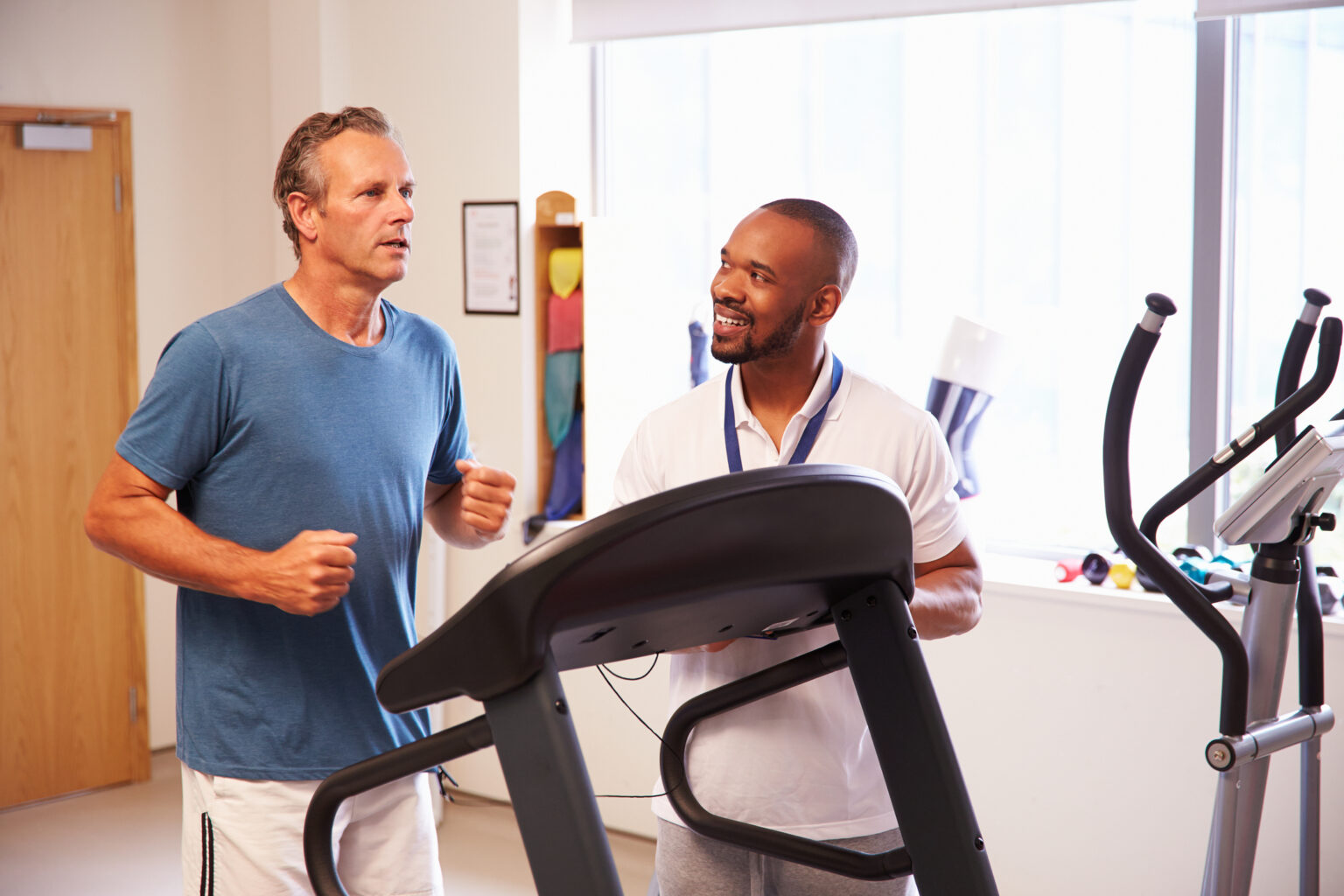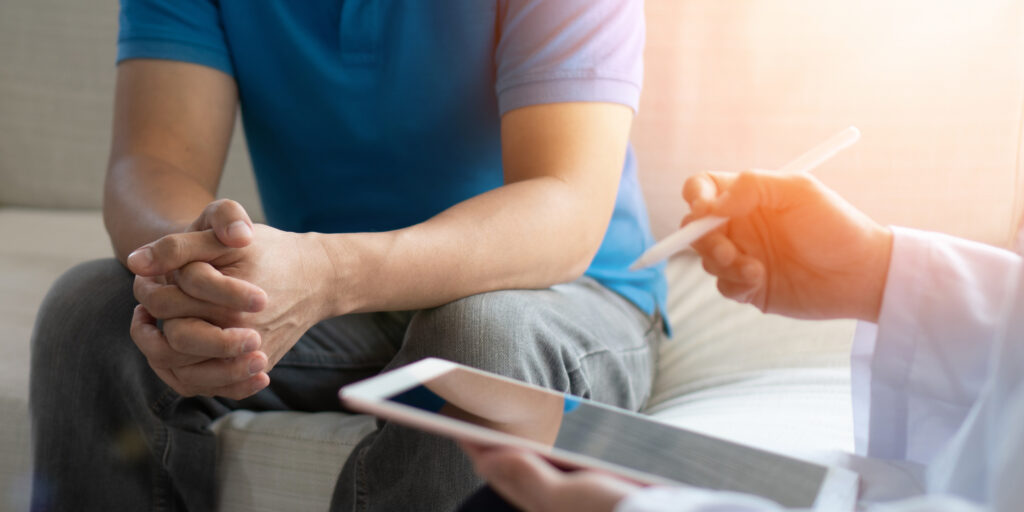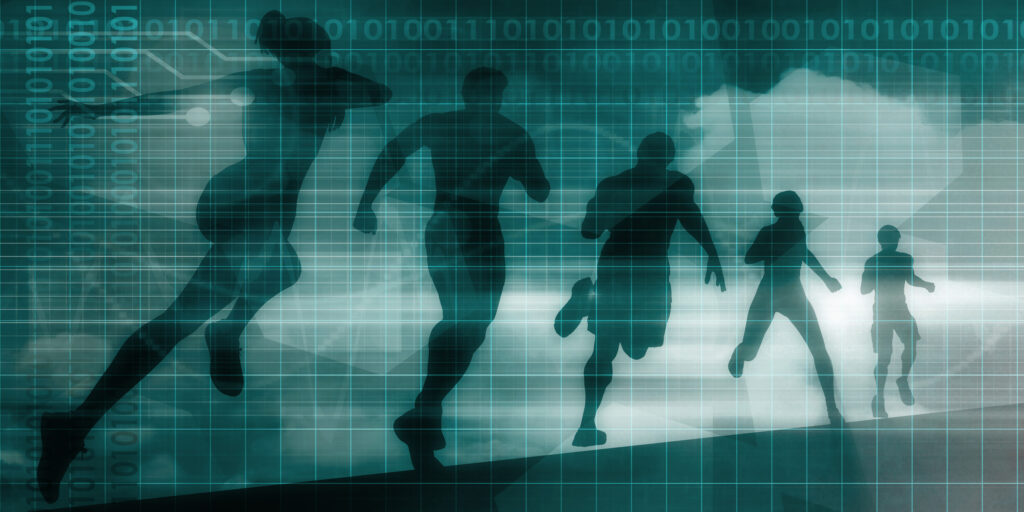Life comes with no guarantees. One day, you are going about your business, and before you know it, you find yourself at the emergency room or rehab clinic. A car accident, slip and fall, or workplace injury can throw your life into a tailspin. You are in pain, dealing with hospital visits, insurance claims, and maybe even legal proceedings.
The good news is that most people recover from personal injuries. But it takes time and effort, both physically and emotionally. That is why having the right approach to health and wellness during this process is so important. After all, 31 million Americans needed medical treatment for an unintentional injury in 2022 alone, so you are not alone.
The tips and information you will discover in this article will help you better understand how personal injury recovery works and what to expect along the way.
What you’ll discover in this article:
- Why Recovery Takes More Than Just Medical Treatment
- The Mind-Body Connection in Personal Injury Recovery
- Essential Wellness Strategies That Actually Work
- Managing Pain and Stress During Recovery
Why Recovery Takes More Than Just Medical Treatment
Did you know that healing your body is just one part of the personal injury recovery process?
Truth is, recovery from a personal injury is not just physical. It involves your entire well-being — physical, mental, and emotional. All of these elements are important, and they must work together if you are going to get back to your life.
According to recent data, personal injury filings increased by 78% from March 31, 2023, to March 31, 2024. That is a lot of people who are currently dealing with personal injury cases just like you.
Here’s the thing…
If you are currently dealing with a personal injury, the best thing to do is to put all of your energy into your recovery while working with an experienced personal injury lawyer. Quality legal representation can provide you with the help and support you need during this difficult time.
That way, you can be sure that your rights are being looked after while you focus on getting well.
The Mind-Body Connection in Personal Injury Recovery
I hate to break it to you this way, but it might be the most important thing you read in this article…
Your mental state affects how quickly (or slowly) your body can heal itself. It’s not just some vague advice from an internet blog either — this has been backed by science.
The reason is that when we are under stress or experiencing mental and emotional difficulties like anxiety or depression, our bodies produce stress hormones. These hormones cause all kinds of havoc in our bodies and can seriously slow down the healing process. On the other hand, when we are relaxed and happy, our bodies can put all of their energy into healing.
That’s why…
Simple wellness techniques and strategies can be a game-changer for how well you recover from a personal injury, and how quickly.
Essential Wellness Strategies That Actually Work
There are a ton of health and wellness strategies out there that can help with your personal injury recovery.
Some of them work, some of them don’t. I’m going to show you the strategies that will make the biggest difference in your recovery process.
- These are simple, proven wellness strategies that you can start doing today to support your recovery. They are not complicated or expensive, but they are effective.
- One of the most important elements of a wellness program for personal injury recovery is prioritising good sleep.
- If you are hurting, your body needs even more sleep than usual to help it heal. Quality sleep gives your body time and energy to repair the damage done to your tissues.
So how can you improve your sleep?
- Maintain a regular bedtime routine.
- Make your bedroom cool, dark, and quiet.
- Avoid screens for at least one hour before you go to bed.
- If pain is the main issue keeping you up, talk to your doctor about pain management and sleep.
- A balanced, nutritious diet is another key element of wellness during your personal injury recovery process.
- It might seem obvious, but bad nutrition can significantly slow down your recovery time.
Your body needs the right nutrients in order to help your tissues to repair. The right nutrients will also help to keep your energy levels up, which will make the recovery process easier and more enjoyable.
Some of the most important nutrients for personal injury recovery are:
- Protein is needed to build and repair damaged tissues (meat, fish, eggs)
- Vitamin C helps the body to produce collagen, which is needed for wound healing (citrus fruit, berries)
- Zinc plays an important role in wound healing and tissue repair (nuts, seeds, whole grains)
- Omega-3 fatty acids can help to reduce inflammation (fatty fish, walnuts)
Tip:
Another important wellness strategy is to stay active within your limitations.
This may sound a little counter-intuitive since you are injured, but actually, keeping your body moving is an important part of recovery.
The key phrase there is, of course, “within your limitations”. You should work with your healthcare team to determine what is safe for you to do in terms of movement. This might include:
- Gentle stretching or yoga
- Physical therapy exercises
- Short walks or other light activity
- Breathing exercises
Keep in mind that the goal here is not to push through the pain, but rather to keep your body moving in safe and healthy ways. You should never put yourself at risk of re-injury.
One of the most important wellness strategies for personal injury recovery that people often overlook is building a strong support system.
Support from friends, family, and even your healthcare team can have a huge impact on your recovery.
Having people who care about you in your life to offer emotional support, help you with everyday tasks, and keep you company on the rough days is invaluable.
Your support team may also include professionals beyond your doctor, such as:
- Physical therapists
- Mental health professionals
- Nutritionists
- Pain management specialists
Building a strong support system for yourself can make all the difference in how well and how quickly you recover from a personal injury.
Managing Pain and Stress During Recovery
Pain and stress are a part of life for most people during their personal injury recovery process.
When we are in pain, it causes stress on our minds and bodies, which leads to even more pain. It is a vicious cycle, and the only way to break it is by using some proven pain and stress management techniques.
- Pain management techniques such as the use of ice, heat, gentle massage, TENS units, proper positioning and support can be very helpful for managing your pain during your recovery process.
- Mental wellness techniques such as deep breathing exercises, meditation and mindfulness, and distraction techniques can also be very helpful in reducing pain and stress levels during recovery.
- Stress management is also an important part of wellness during personal injury recovery. Stress doesn’t just feel bad — it actually makes it harder for your body to heal itself.
Some of the best stress management techniques include:
- Regular deep breathing exercises (even just 5 minutes a day can make a big difference)
- Journaling your thoughts and feelings
- Listening to relaxing music
- Spending time with supportive friends
The important thing to remember is that managing stress is not just a “feel good” activity — it can actually help your body to heal faster.
When to Seek Professional Help
This is something that not enough people realise…
It is okay to ask for help when you need it. In fact, it is probably one of the smartest things you can do for yourself during your personal injury recovery process.
There are times when you just need more support than you can provide for yourself. That does not make you weak or flawed in any way — it just means that you are being a responsible adult about your health and wellness.
Signs that it might be time to seek professional mental health support include:
- Persistent sadness or hopelessness
- Anxiety that is interfering with your daily life
- Sleep problems that have lasted for several weeks
- Loss of interest in activities that you used to enjoy
Disclaimer
The information provided in this article is for general educational purposes only and is not intended as medical, legal, or professional advice. Personal injury recovery varies greatly between individuals, and the tips outlined here may not be appropriate for your specific situation. Always seek guidance from qualified healthcare providers before making any changes to your treatment, diet, exercise routine, or wellness practices. If you are involved in a legal matter relating to your injury, consult a licensed attorney for advice tailored to your circumstances. Open MedScience makes no representations or warranties regarding the accuracy, completeness, or applicability of the content provided and disclaims all liability for any loss, injury, or damages arising from reliance on this information.




